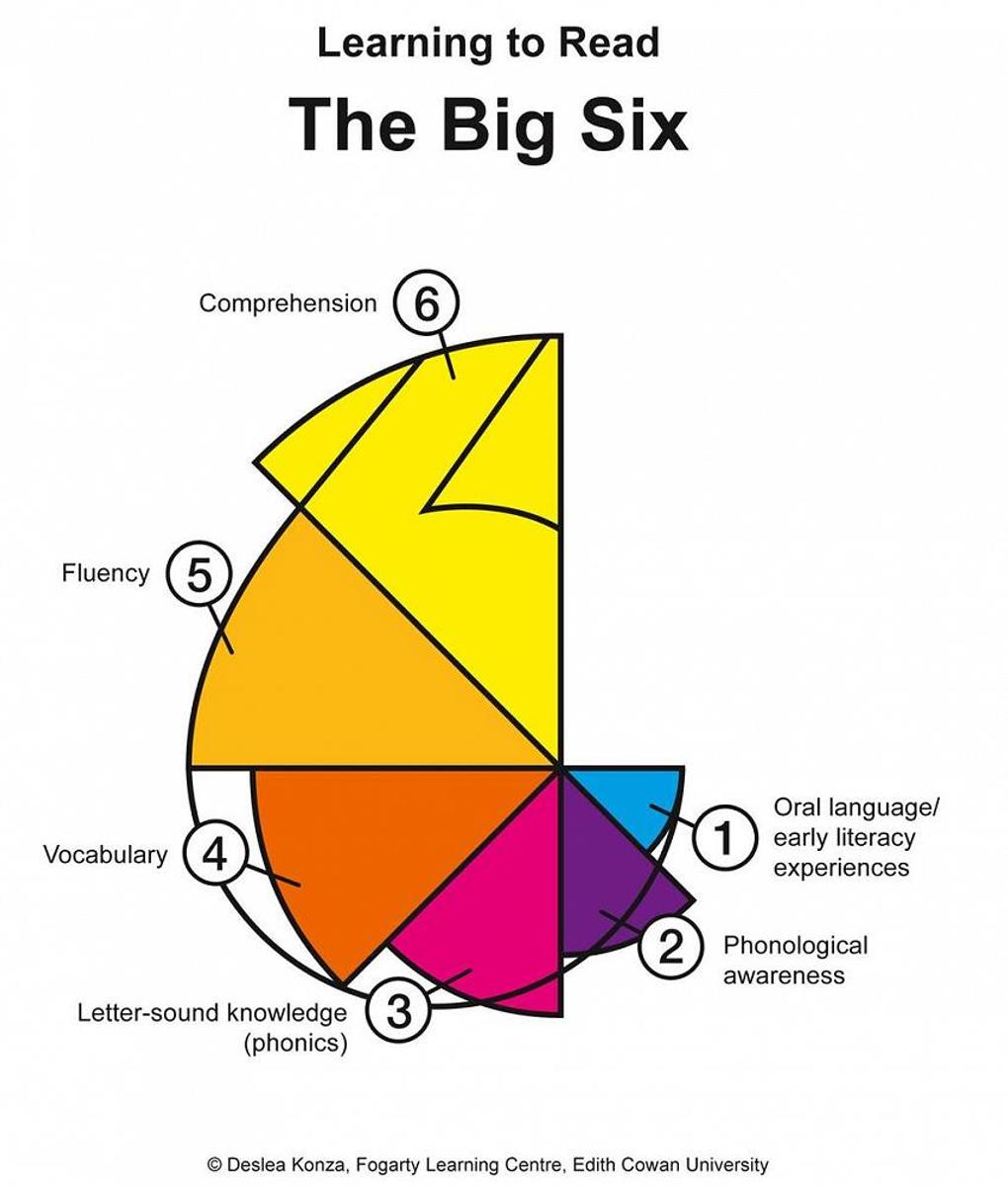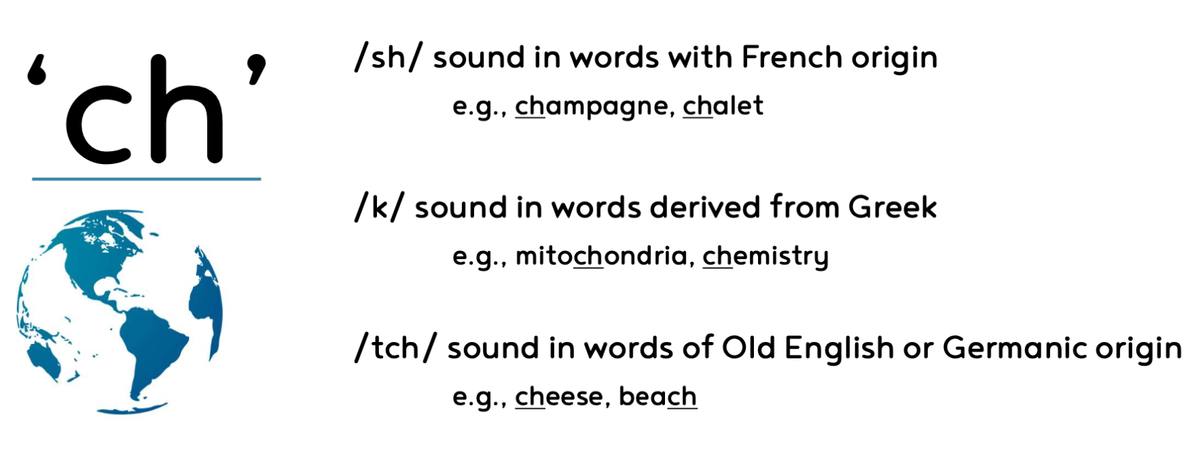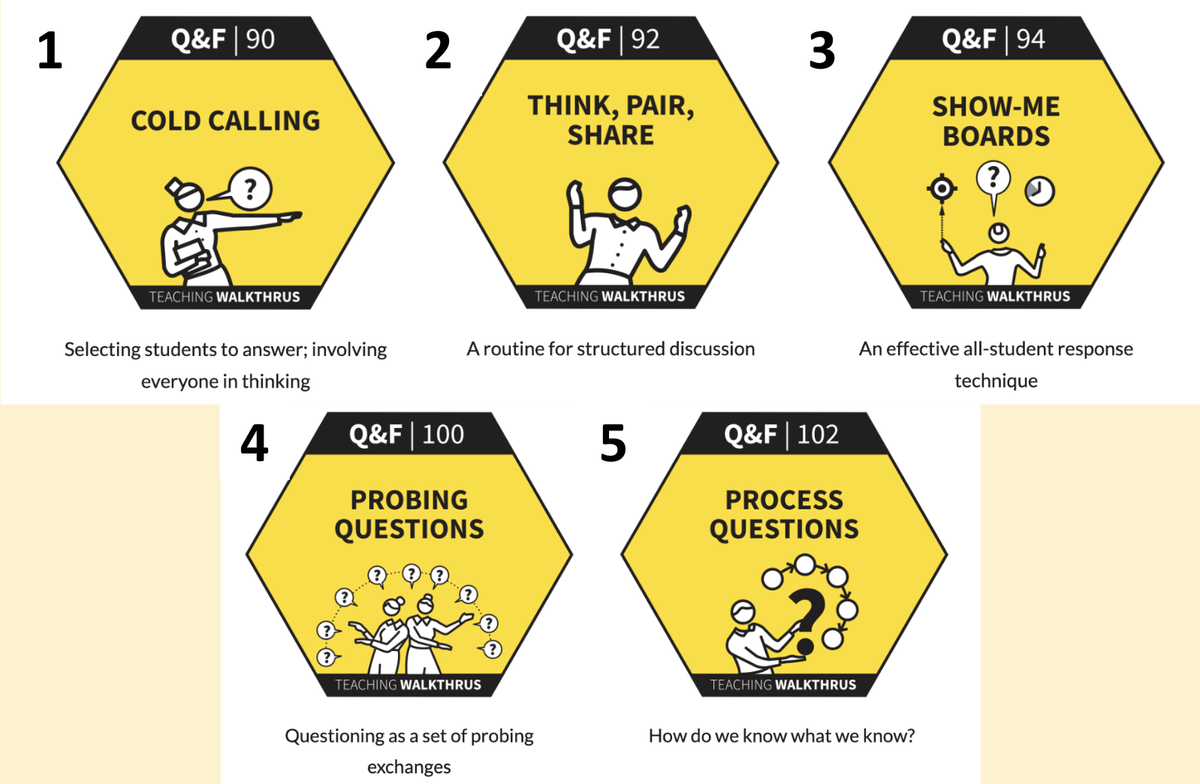Learning and Teaching

Literacy and Learning Professional Learning Day
On Tuesday 11th March during the school closure, we had a professional learning day for both teachers and LSOs (Learning Support Officers) in the areas of Literacy and Learning. It was a great opportunity for us to come together as a staff to deepen our understandings, explore new skills and work collaboratively.
In Literacy, we have moved to a structured literacy block across the school in 2025. This approach is based on evidence and research, and includes explicit teaching of the key components of English known as the BIG 6. We have been exploring best practice in each aspect of the Big 6 and our work on Tuesday focussed particularly on vocabulary.
Developing vocabulary with students is essential because it is important for both decoding (lifting the words off the page) and comprehension (understanding what you read). Having a strong vocabulary is also important for reading fluently, which in turn impacts comprehension. Vocabulary is deeply interwoven throughout the literacy block!
We explored the following -
- how new language is acquired
- routines for supporting students to deepen their word knowledge
- which words to prioritise in vocabulary teaching
- morphology and etymology
Morphology is concerned with the smallest units of meaning in words, for example, 'un' which means not or 're' which means again. Helping students to know what parts of a word can mean, gives them skills to figure out unfamiliar words. Staff had a go at this themselves as they tried to figure out the very long and complex words below. Can you see any parts of the word that are familiar? Do they help you to make an educated guess?
Etymology is the study of word origins, including how they got their meanings and how words develop throughout history. Etymology can support understanding of irregular spelling and pronunciation, for example -
The learning component of the day was about continuing our focus with the MACS Vision for Instruction. We have done lots of work in this area over the last 12 months and we particularly focussed on 'formative assessment'. This is the ongoing checking that teachers do to ensure every student is understanding the lesson and it helps teachers make informed decisions about what comes next.
We learnt specific routines and strategies for questioning that ensure we have full participation and that our students are actively engaged. They allow students to share ideas, demonstrate their learning, rehearse new skills and think deeply about what they are learning and how they are learning.
We use these strategies in our classrooms everyday and look forward to refining our skills in the coming months to ensure the best outcomes for every child.
If you have any questions about the Learning and Literacy Professional Learning Day (or you're desperate to know the meaning of the long words above!) feel free to contact English Leader Angela Healy (ahealy@stlouisaspendale.com).





